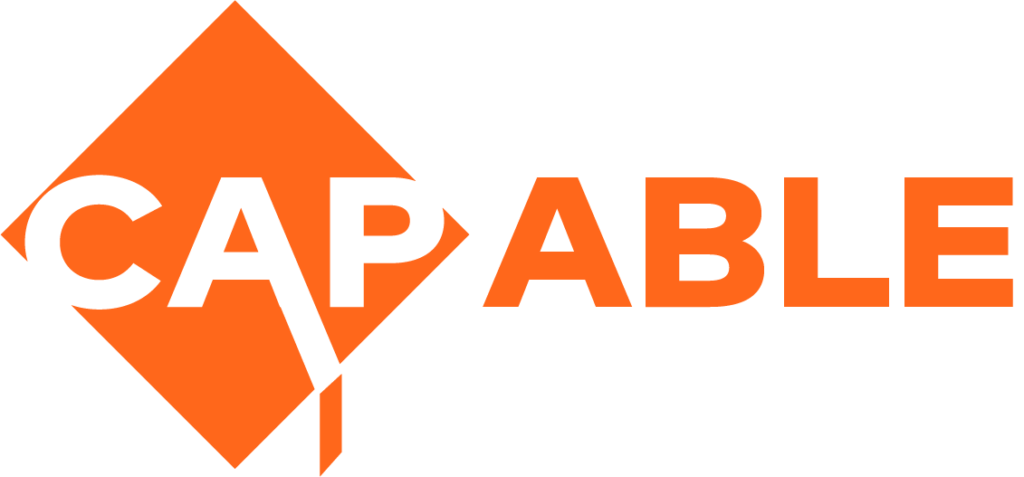In an institution of higher learning, a Disability Resource Center serves as an inclusion hub – a one-stop centre where students and staff with disabilities access services and equipment that suit their educational/occupational needs in relation to their impairment and a reference point for academic and non-academic staff as well as the wider university community on how to accommodate the needs of students with disabilities at the institution, suited to context.
The Disability Resource Center has a number of roles which range from administrative to disability support services, all of which are very key to the success of learners with disabilities.
Disability Support Services Component
The Disability Resource Center should offer a host of services catering to the needs of students and staff with physical, sensory (visual, hearing, multiple), psychiatric, and learning impairments as well as chronic medical conditions; whether the impairment is an existing or an acquired condition, or of a temporary or permanent nature.
These support services should include but not be limited to:
Scholarship and award information: providing information to prospective students with disabilities about available scholarship opportunities (such as the scholars Program), as well as other Financial Aid and affirmative action opportunities that they could take advantage of.
Recruitment Support: offering information to prospective students and staff with disabilities about services available at the institution to support their needs and address any other concerns they may have. This could also include technical support to recruitment staff on inclusive recruitment strategies and/or liaising with partners with expertise on disability inclusion for this support.
Accessibility-related support: including an accessibility tour of the university campus and staff/student residences (where applicable); identifying potential accessibility concerns and addressing these through the appropriate channels.
Consultation and Access to Assistive Technology and Assistive Devices: availing a range of assistive technology and assistive devices for use by both students and staff with disabilities; particularly those with physical, hearing, visual, neurological, learning and multiple impairments, where access to these may prove essential to their learning/work experience.
Reasonable Accommodation: assessing and overseeing the provision of reasonable accommodation for students and staff with disabilities. This includes consultations and coordinating test-taking accommodations for students.
Recruitment and/or referrals to disability-related service providers: including assistive technology and assistive devices providers, student assistant, scribes/note-takers, sign language interpreters, psychosocial support and health-care providers.
Organising workshops, seminars, training, advocacy and awareness events relating to disability inclusion: for academic and non-academic staff, university management, administration, and the wider university community.
Coordinating housing: close collaboration with the housing departments (or other responsible department) to secure accessible housing for students with disabilities in the student residences and gather information about accessible accommodation off-campus to recommend to students and staff as needed.
Skills development: liaising with other departments to organise skills development initiatives such as effective study and time management training, career guidance services, training on CV writing and interview skills and other skills training all catered to the needs and realities of students with disabilities.
Managing partnerships related to disability inclusion: with organisations of people with disabilities (OPDs), disability-expert organisations, research institutions, government and federal agencies and Inclusive Employment initiatives; utilising their experiences and opportunities created through these partnerships to better the learning experience and transition to work for students with disabilities.
Administrative Component
The administrative component handles the management and coordination of all the above support services mentioned and more. Given the extent of services and work-load necessary to effectively manage the provision of these support services, human resource is required; including full-time and part-time staff, as well as proper cross-departmental collaboration and communication.
Overall, a Disability Resource Center supports students and staff with disabilities at an institution by ensuring full access to all program, services and activities available at the institution; and works to create an enabling and supportive environment that maximises their abilities, talent and potential.

